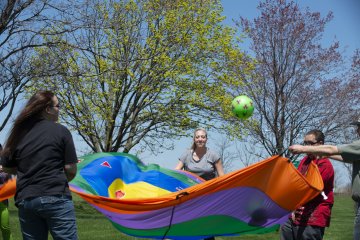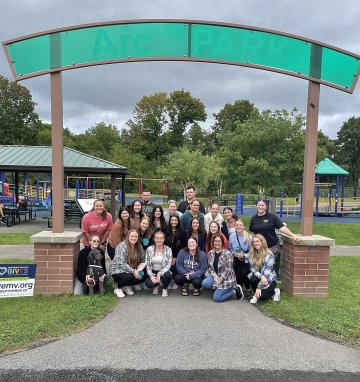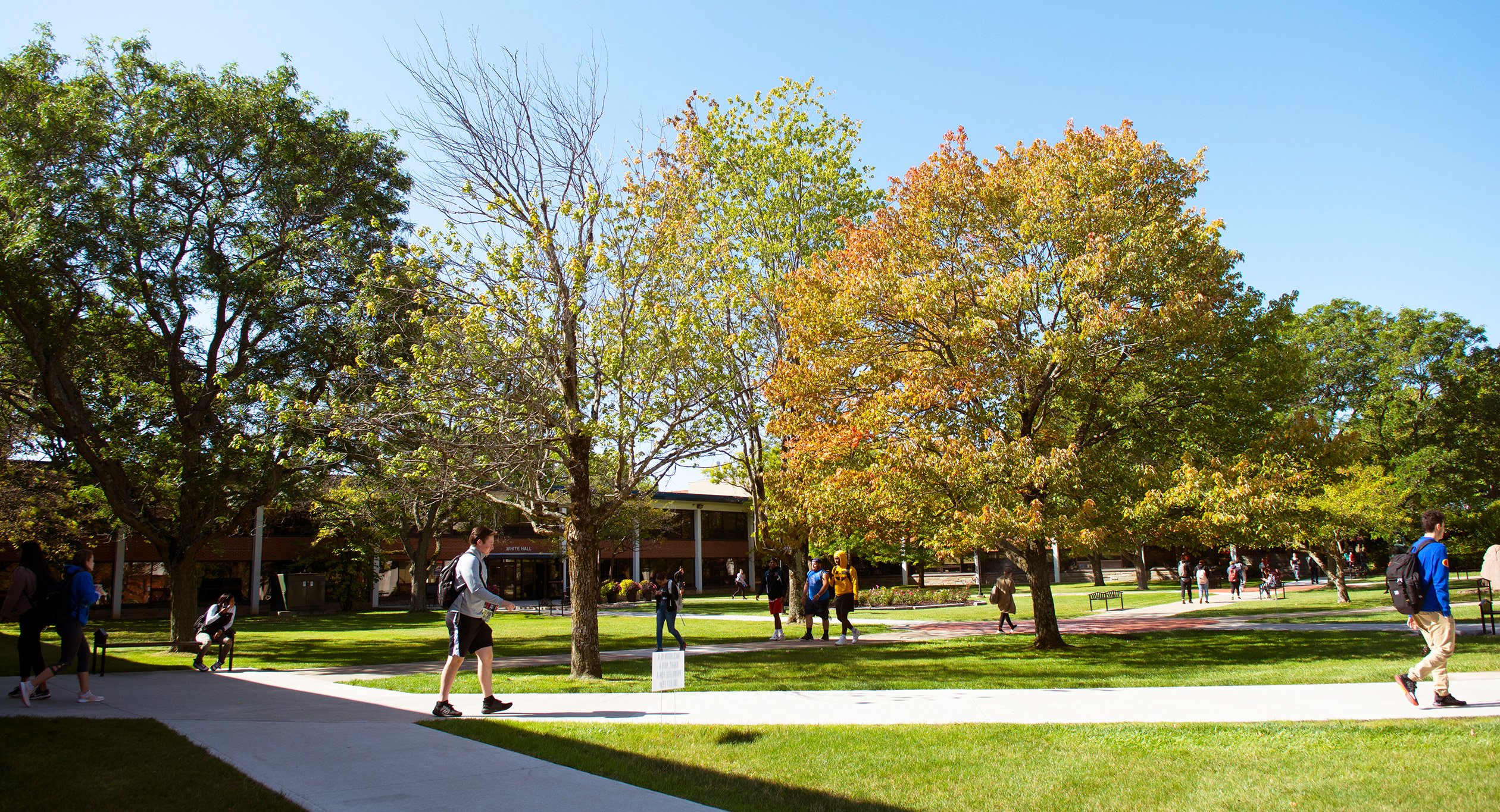
Occupational Therapy Entry Level Doctorate
About This Program
In response to the AOTA’s decision to support dual entry-level degrees in the profession, the Occupational Therapy program at Utica University has decided to pursue an entry-level doctorate (OTD) for those students, seeking to obtain more in-depth knowledge of the profession. The entry-level occupational therapy doctoral degree program is approved by NYSED and fully accredited by the Accreditation Council for Occupational Therapy Education (ACOTE).
Department
Why Utica University
The first two years of the occupational therapy doctoral program provide the knowledge and skills to practice as a generalist in a variety of settings. The third year of the occupational therapy program is focused on becoming an agent of change and allows further inquiry into the areas of theory, best practice, advocacy, education, and leadership.
Housed in the School of Health Professions and Education the entry-level doctoral curriculum will build on the bachelor’s degree in Health Sciences. For those admitted as a freshmen entry, the time to graduation at the doctoral level will be 6 years. For those admitted with a bachelor’s degree in a related field, the time for completion would be 3 years. This consists of 105 credits over 8 semesters, including fieldwork and a 14-week capstone experience.
Freshman Applicants must have:
- High School Grade Point Average of 85.0 or higher
- HS Rank in the top 25 percentile
- Solid academic and personal profile
- Sound ability in science and math, completing at least:
- One year of biology;
- One year of another science, e.g., chemistry or physics
- Three years of math
Transfer Applicants must:
- Meet the University’s requirements for Undergraduate Transfer students
Applicants to the Occupational Therapy entry-level OTD program must have:
- Bachelor’s degree with GPA of at least 3.2
- Completed classes prior to starting the program:
- A four-hour credit course in Anatomy and Physiology I with Lab or equivalent (i.e. Human Anatomy, Human Physiology)
- A four-hour credit course in Anatomy and Physiology II with Lab or equivalent (i.e. Human Anatomy, Human Physiology)
- An applied anatomy (gross anatomy, neuroanatomy, or equivalent)*
- Kinesiology or Biomechanics
- An Introductory course in Sociology or Anthropology
- General or Introductory Psychology
- Abnormal Psychology
- Lifespan Psychology/Human Development/Developmental Psychology (must cover birth through adult)
- Medical Conditions and Implications/Pathophysiology/a three credit course in Medical Terminology
- Statistics
- Research Methods (psychology or sociology-based)
- Students must have completed all of the prerequisite courses to be considered for the OTD Entry Level program
Contact Information
Office of Graduate Admissions
Dr. Colleen Sunderlin
General Information
Occupational Therapy Entry Level Doctorate at Utica
“I always had an idea that I would like to help people who may not have the same opportunities and privileges that I have, but now I just have this burning desire to help. Because now I have seen it, I know it."
What You'll Learn
The OT doctoral curriculum is designed to build on this foundation while providing in-depth course work in several areas which collectively provide the students with the necessary knowledge and skills to act as change agents within the profession, the community, and society.
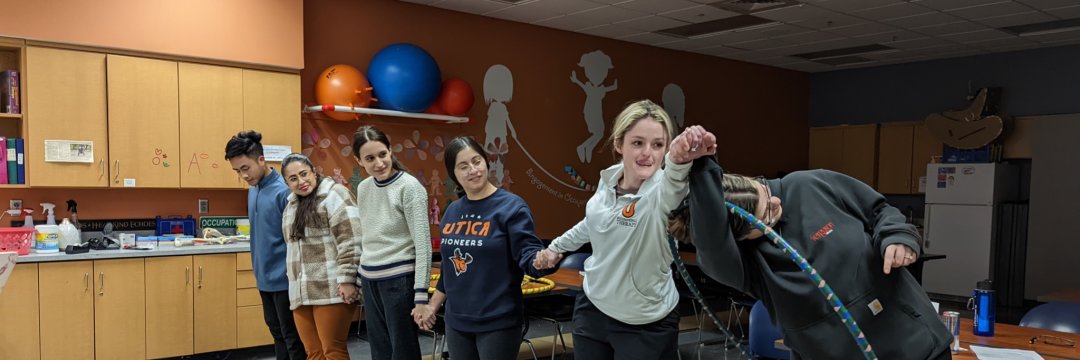
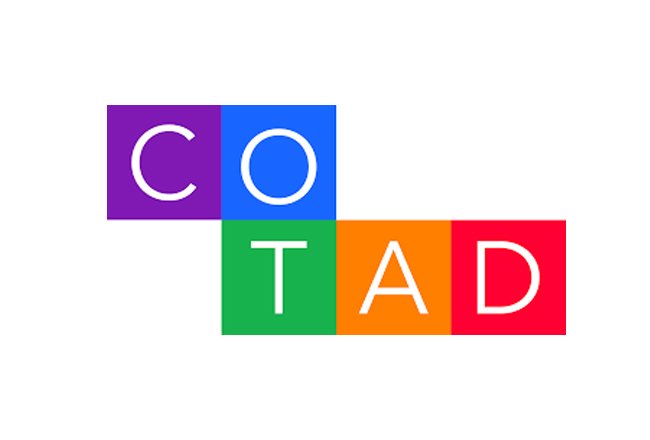
Coalition of Occupational Therapy Advocates for Diversity
Utica University is proud to have an official chapter of the Coalition of Occupational Therapy Advocates for Diversity (COTAD), a student-led organization that promotes awareness and activism around diversity issues on campus and community.
Learn More
Involvement
The Student Occupational Therapy Association (SOTA) is a student-led professional organization affiliated with the student organization of the American Occupational Therapy Association and supports local service organizations, fundraises for students to attend local and national conferences, and offers students first-hand lessons of the value of professional relationships.
Learn More

